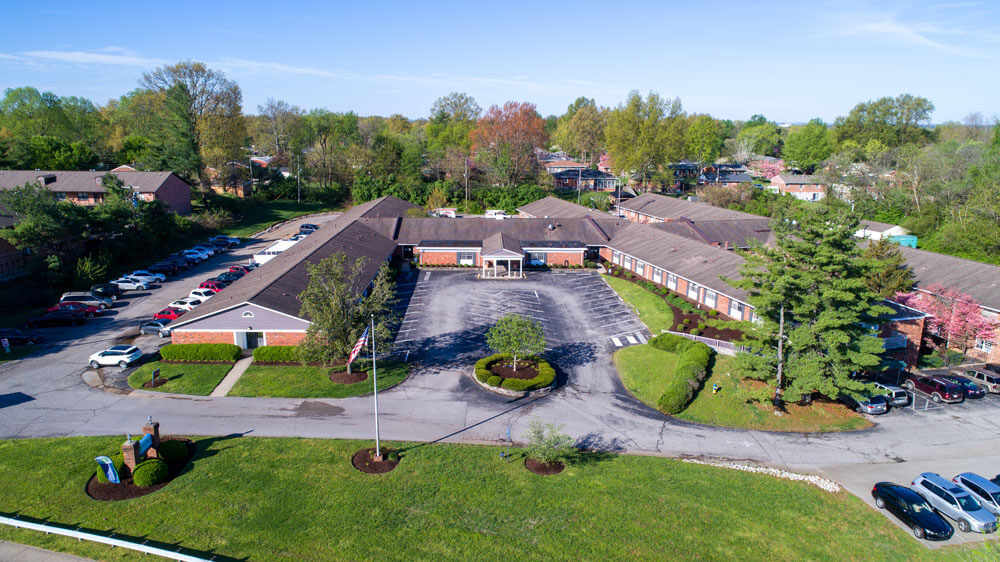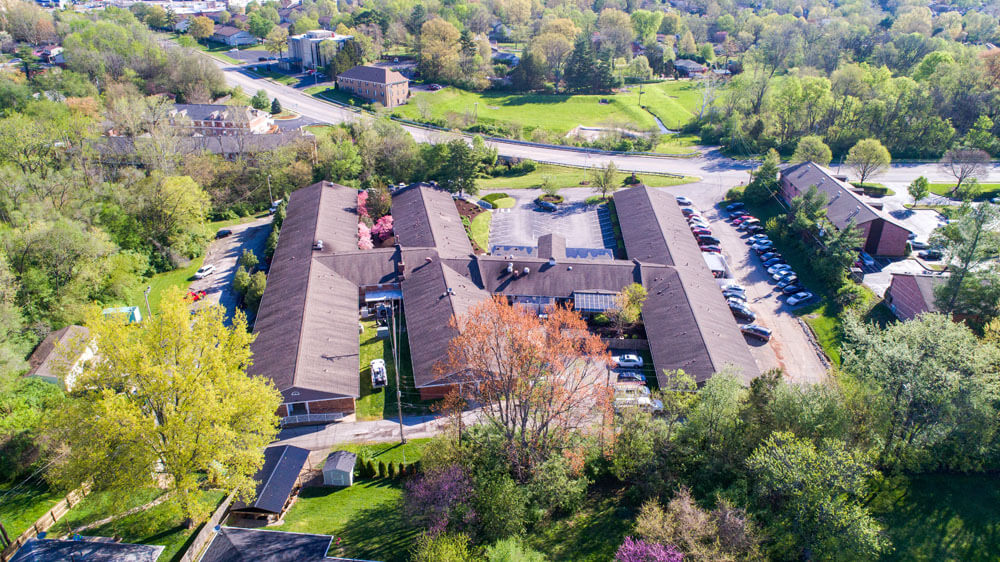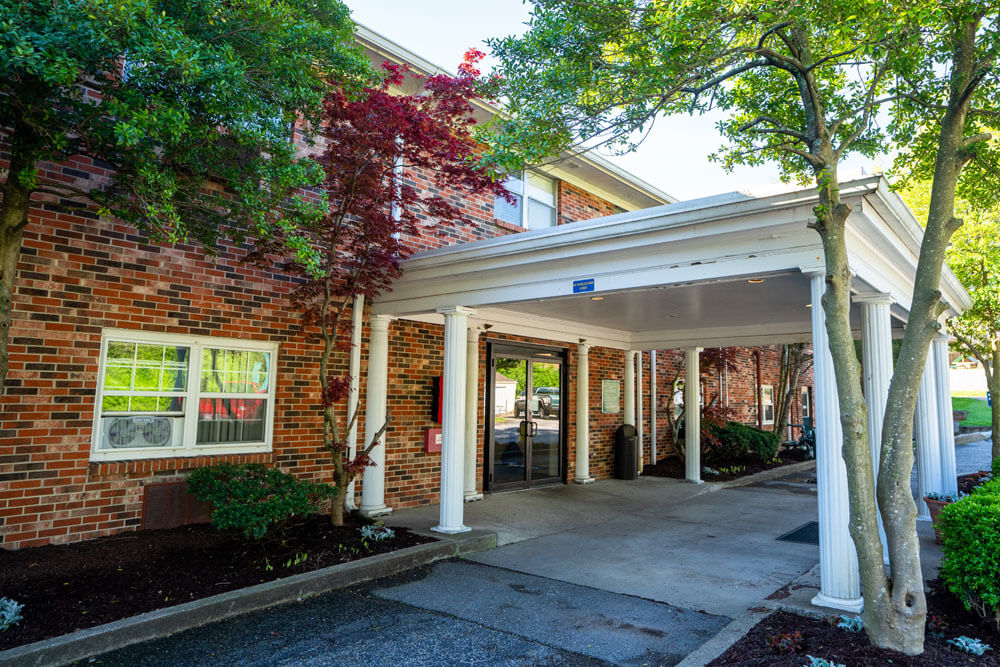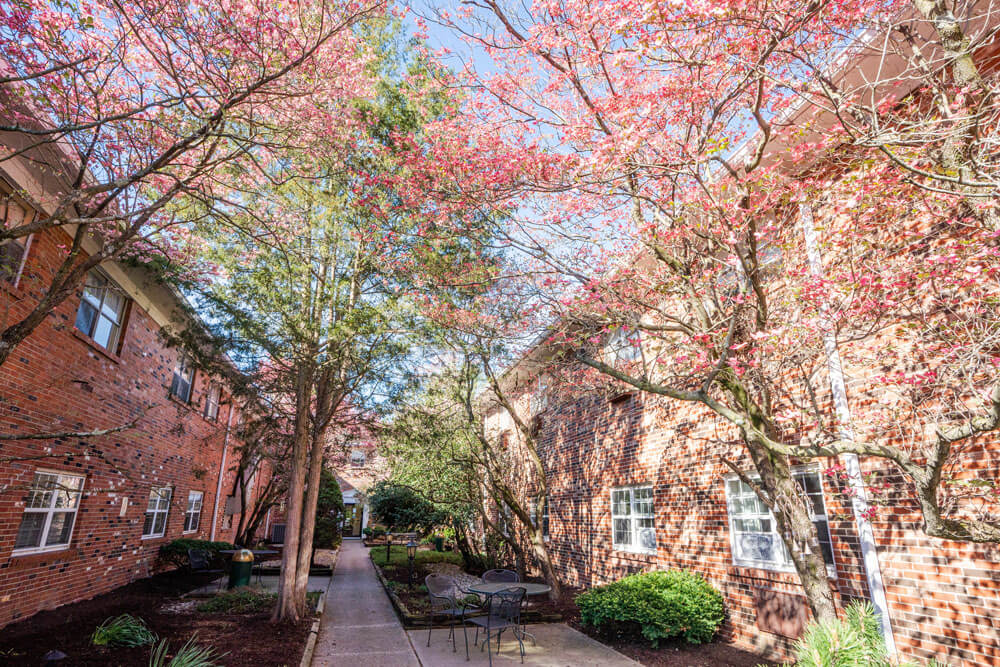Studies show that nearly 70% of people at retiring age need some type of long-term care services. When you are the primary caregiver for your loved one, it can be difficult to make the decision to get extra support for their needs. Whether your loved one needs short-term or long-term care, you can find options to help.
Learning more about the different types of elder care can help you decide what option would be best for your aging loved one. Do you want to learn more about the different types of senior living?
Keep reading this guide for everything you need to know bout elder care and for help choosing the right type of senior living for your loved one’s needs.
What Is Long-Term Senior Living?
One of the most common options you can choose for senior living is long-term care. These types of centers typically work best for those that have a debilitating medical condition, like a stroke, or a chronic disease.
Long-term care is also used for seniors that have progressive conditions that will require more care as time goes on. For example, many seniors who are living with Alzheimers, Dementia, or Parkinson’s will require long-term care.
It enables seniors to move into a care facility to receive treatment and improve their quality of living.
Because seniors in long-term care live at the care facility, they are regularly observed and evaluated. This way, you can feel confident that they are getting the best care possible.
While it is possible to eventually be able to discontinue long-term care, long-term care can be indefinite for seniors. This is especially common with conditions that worsen over time, as your aging loved one will likely not be able to live without assistance again.
Still, long-term care facilities can help your loved one maintain some level of independence.
What Is Short-Term Senior Living?
Another common type of senior care is short-term senior living. As the name would suggest, this is not a permanent lifestyle change. Instead, short-term care is typically only necessary after an injury or a hospital stay.
The goal of short-term care is for the patient to temporarily receive care until they are able to transition back to their life at home or previous living environment.
This type of senior care is best for people that are recovering from an illness or surgery, but that will be able to make a full recovery. Typically, short-term care can last anywhere from a few days to a few weeks.
Differences in These Types of Senior Living
There are many differences when it comes to long-term care and short-term care for senior living.
The primary difference is the goal of care. As was mentioned before, short-term care has an end goal in mind. This is to help your aging loved ones get their health back and regain their independence.
This makes short-term care more goal-oriented. As soon as your loved one is able to function normally on their own, they will be able to return home.
On the other hand, the goal of long-term care is simply to improve your loved one’s quality of life.
The types of care available in these different types of senior living centers also differ. In a short-term care facility, patients may need help with daily activities and rehabilitation until they are able to recover.
With long-term care, patients usually need more help. They require more comprehensive medical services, especially when they are dealing with a debilitating condition. Some of the services provided in this type of care include skilled nursing, different types of therapies, and even personal care.
How to Choose The Right Type of Care
Choosing the right type of elder care for your loved one can be challenging. You need to be sure that they will get the types of care that they need, but you may not want them to have to fully give up their independence.
The first thing you must consider when selecting a community for your loved one is their safety. Could they safely take care of themselves on their own? Do they know how to administer their own medication and take care of their personal needs?
If your loved one is at risk of hurting themselves, it may be best to find a long-term care facility.
You should also consider your needs and lifestyle when selecting an elder care facility. If you are the primary caregiver for your loved one, you may find that you get caregiver burnout. In these cases, you may need to talk with your loved one to discuss alternative care options.
Finally, you should consider your loved one’s lifestyle! Often, those that are able to maintain some level of independence and can care for themselves will only require short-term care. Once they have recovered from their injuries or sicknesses, they can return to their own home and have a lifestyle that they are comfortable with.
Still, long-term care facilities strive to help seniors maintain a comfortable lifestyle. They often include amenities and other activities to keep the residents entertained and happy.
It is important that you remember that receiving care is a personal choice. Understanding the differences between these types of care can help you make an informed decision for yourself and your aging loved one.
Need Help With Senior Living? Find a Community Today
When you are caring for your aging loved one, finding the right type of senior living community can ensure that they get the care they need. Whether they need long-term or short-term care, it is essential that you weigh your options.
If you are looking for a senior living community for your loved one, Exceptional Living Centers can help! We offer many different types of elder care services that are tailored to your needs.
Contact us today to learn more about our short-term and long-term services!







